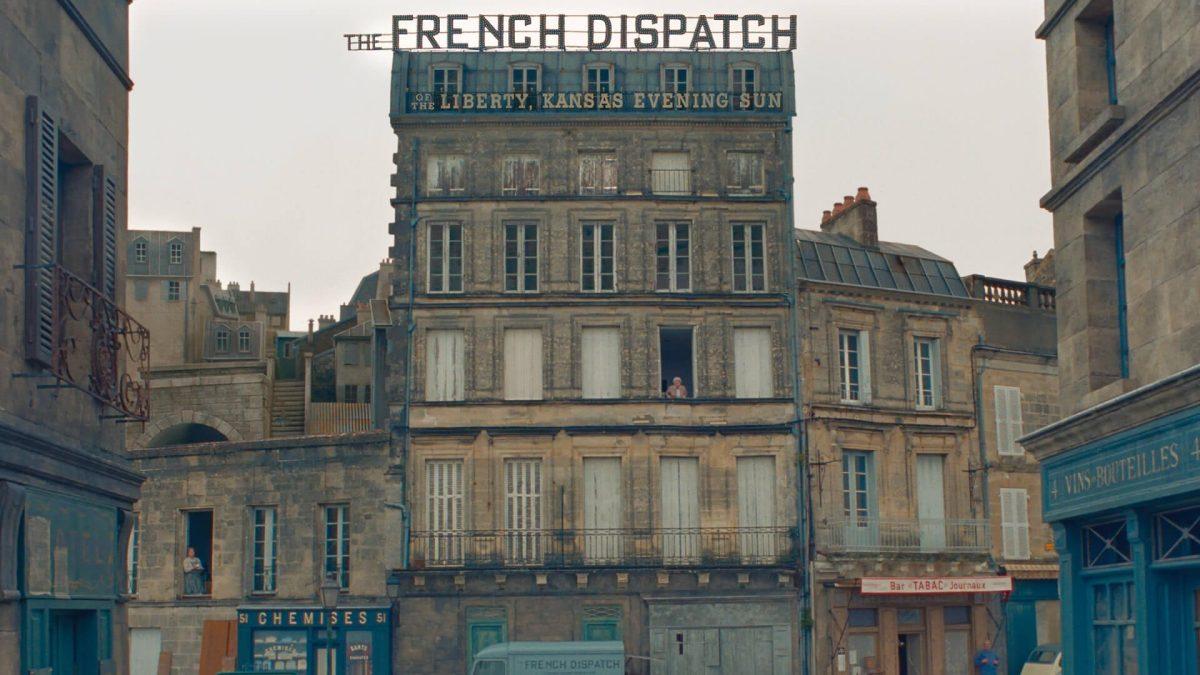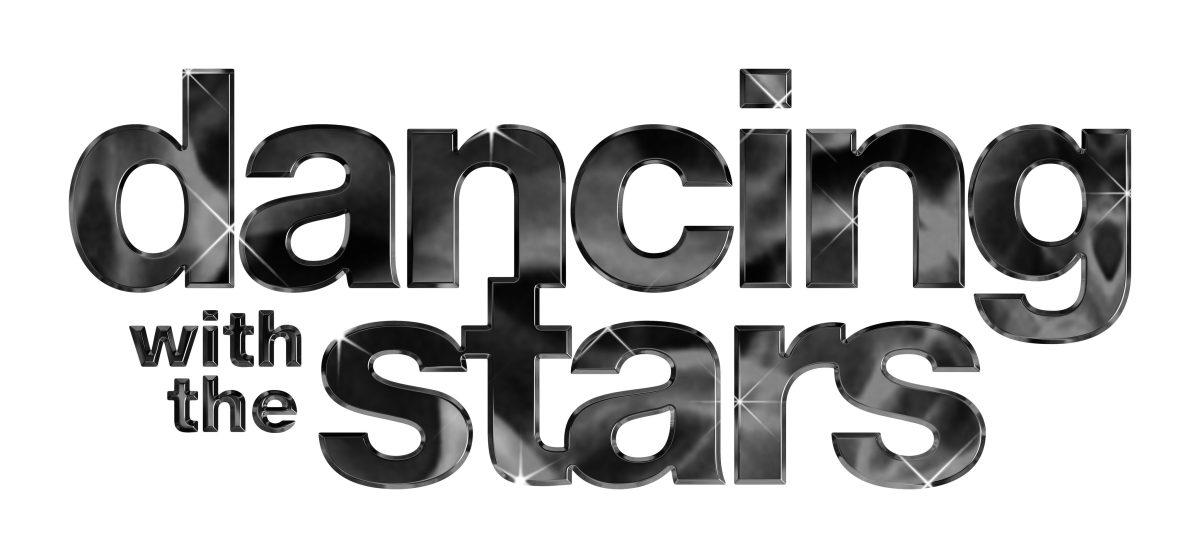Stars: 2.5/5
Wes Anderson returns with an anthology film retelling past articles from a weekly French dispatch for a small-town Kansas newspaper.
“The French Dispatch” is an ode to lots of things: journalism, France, curiosity, French New Wave, artistic sociopathy and most importantly, The New Yorker. In typical Anderson eccentricity, the plot centers around the quirky American journalists who report on the happenings of the ridiculously-named French town of Ennui-sur-Blasé, which translates to “jaded on boredom.”
The owner of the newspaper dies, and with his death comes the final release of the paper’s French dispatch. One obituary is written to the owner, played by Bill Murray, and serves as the flimsy overarching narrative of “The French Dispatch.” Then, an introductory travel column by Herbsaint Sazerac, played by Owen Wilson, writes about Ennui-sur-Blasé.
The meat of the film is told through three vignettes which pay homage to “long fact” articles typically written in The New Yorker. Just like in the film, these pieces serve as double portraits through which a journalistic report is told with the added impact of the journalist’s experience within the chaotic event. Each tableau would take too long to properly summarize since each one is filled with many characters and plot lines, especially with the convoluted final article. In order, the articles are about prison art, student revolutions and food (which turns out to actually be about crime.)
For better or worse, Anderson is in full force—the dialogue is quippy, the characters are dead-pan, the shots are symmetrical and the cast is ensembled. The production is off the charts with spectacularly vibrant cinematography that Anderson always excels at, this time with a French new wave touch. If you like Anderson for his mise-en-scene, this movie is for you. But, if you come to Anderson for characters or themes of any kind (typically related to melancholy or nostalgia) you will be disappointed.
The characters in this film are all rather weak and underdeveloped, as is typical of anthology films. They are all one-note. Their motivations are not deep if they exist at all, and their choices are predictable if they make any in the first place. There is no sense of characters developing the story because they are actual people with real motivations and lives. Rather, characters do as the plot demands with no sense of cause-and-effect or consequence. Things happen, and we watch the characters watch those things happen.
While that sort of metatextual awareness is a running theme in all of Anderson’s meticulously crafted films, the characters in his other movies tend to draw the audience into their obviously-staged world by being charming and quaint. Even if the characters have little depth or agency, their personality makes the audience care. The characters in “The French Dispatch” are given too little time to mean anything to the audience, and the time they do have feels tedious and empty, especially after the first main vignette.
I came into “The French Dispatch” with very high expectations since I love Wes Anderson and French cinema. I wanted to appreciate this film, but “The French Dispatch” sparks no passion or interest of any kind within me. Rather, it comes off as overly pretentious and unwelcoming—an alien feeling for Anderson’s typically fuzzy, childlike whimsy. I left the screening with stars in my eyes, mais l’ennui dans mon esprit. Hopefully, Anderson’s next film has a story as striking as its visuals.








